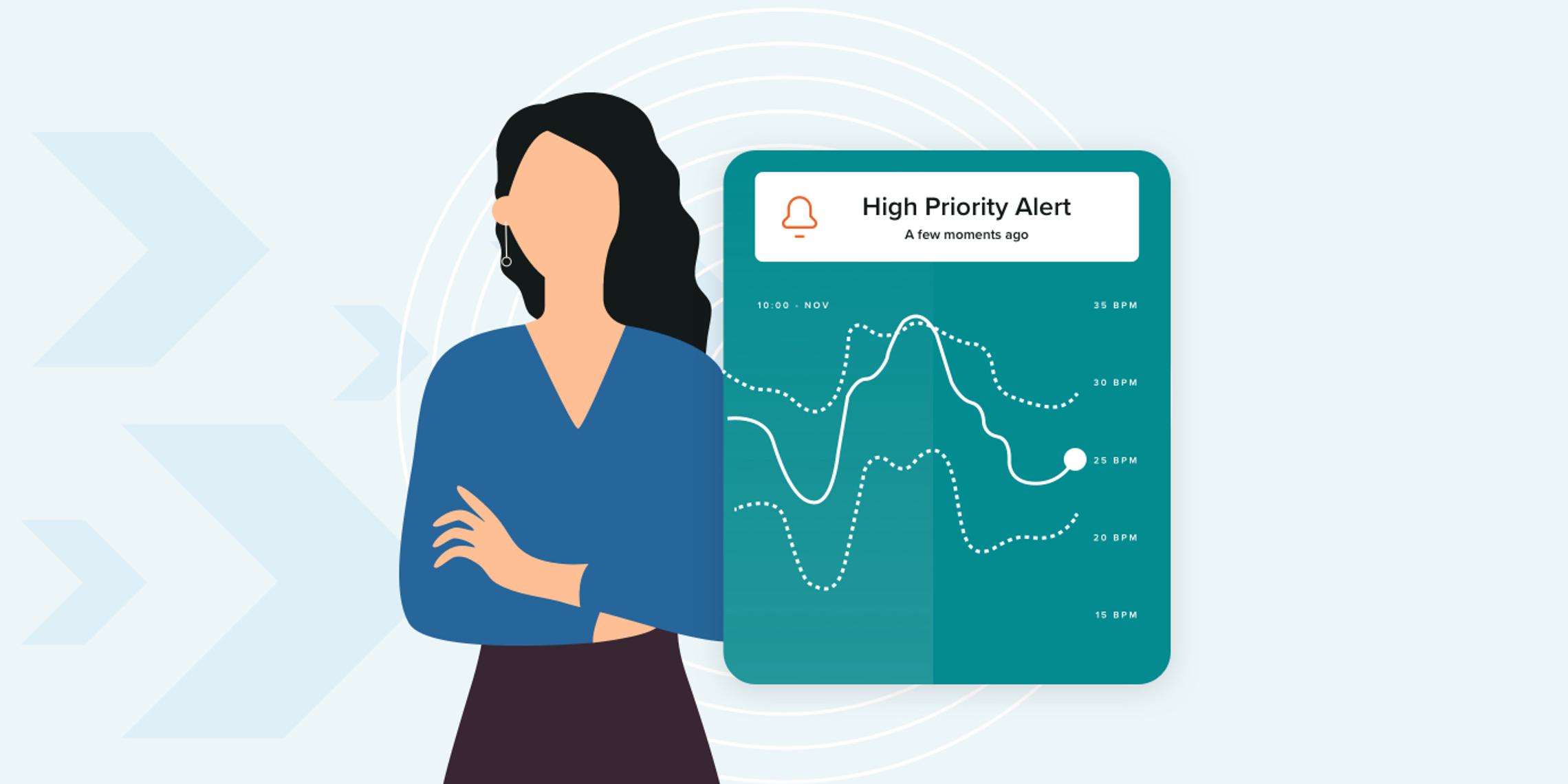
While the quality of life for patients living with multiple sclerosis (MS) has improved considerably since 1993, when disease-modifying treatments (DMTs) first hit the market, there is still a lot of room for improvement. More than 2.8 million people worldwide have this disease, and over 1 million of them live in the United States.
Unfortunately, it is estimated that up to 40% of MS patients aren't receiving optimal treatments. Here at BrightInsight, we believe that leveraging digital health solutions, including remote patient monitoring (RPM) and patient companion apps, can help bring that number down. In our newest white paper, Companion apps + remote patient monitoring for MS: Easing the challenges of managing multiple sclerosis, we dive deep, exploring challenges in treating MS and the digital health solutions that can make a difference.
MS patients struggle with a wide variety of ever-changing symptoms that impact them physically and cognitively. There are multiple subtypes of the disease, which complicates diagnosis and treatment. While providers strive to match each patient with the best treatment for their current phase of the disease progression, this is no easy feat, and it takes time.
Patients and providers often struggle to communicate, and patients are often difficult to reach between appointments. The mental health issues associated with MS only add to the difficulty. Plus, in the advanced stages, patients become dependent on a caregiver, which is often a family member. There is limited support for the emotional and financial toll this disease takes on patients and caregivers alike.
Regulated digital solutions, including those created on the BrightInsight Platform, can solve many of the challenges mentioned above. According to Brain Sciences, 95.6% of MS patients they surveyed were interested in using an app to help manage their disease. A patient companion app can provide personalized care plans, medication reminders and much more—all from the palm of the patient's hand. If the app supports RPM, patients can easily keep their provider up to date and report new symptoms as they arise.
The communication capabilities and support these apps provide to patients are invaluable. Plus, providers benefit from the real-time updates from patients and the seamless EHR integration. To cap it off, real-world data helps pharma companies to ease the path to reimbursement for expensive MS medications.
To learn more about how digital health solutions can support MS patients, providers and caretakers, check out Companion apps + remote patient monitoring for MS: Easing the challenges of managing multiple sclerosis.